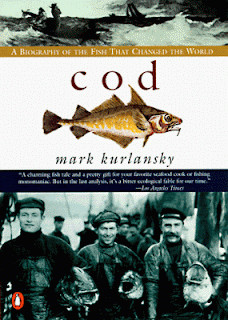Lockdown by Alexander Gordon Smith
New York : Farrar Straus and Giroux, 2009.
273 p. ; 22 cm.
Given the use of brutal, personality-shattering Supermax prisons in the US, the nightmarish glimpse inside US detention prisons in Iraq, the bloated rates of incarceration in the US, and the growing evidence of wrongful convictions - Lockdown is a timely and compelling novel - albeit, from an author in the UK and not the US.
The story centers around a young teen, Alex, who has been pursing a life of crime - mainly home burglaries - until he is framed for a murder and sentenced to the notorious underground penitentiary, Furnace, where all the inmates are boys and young men serving sentences of life without parole. The horrors of Furnace are many - murder, giant guards with superhuman strength, mutant dogs, and the sinister Wheezers, who come occasionally in the dead of night to drag away prisoners to a fate apparently worse than death. Alex is determined to achieve the impossible - survive AND escape from Furnace - and so the action of the novel.
I would have been happy if the novel did not include the science fiction creations of mutant dogs and black-suited giants for guards, and instead relied on good, old human cruelty and malevolence for it's horror. Nevertheless, it is a compelling read that excels in creating an atmosphere of dread, deprivation and impending violence. Another strength of the novel is it is exceedingly readable. The plot hooks you in and takes you for a ride - though a bleak and disturbing one at that. I can say that several young men who read this novel from our library, really liked it. In fact, part of why I finally read the novel was because a patron returned the book a few weeks ago, and before leaving, said, "Mr. Murrey, you HAVE to read this book!" He was right.



